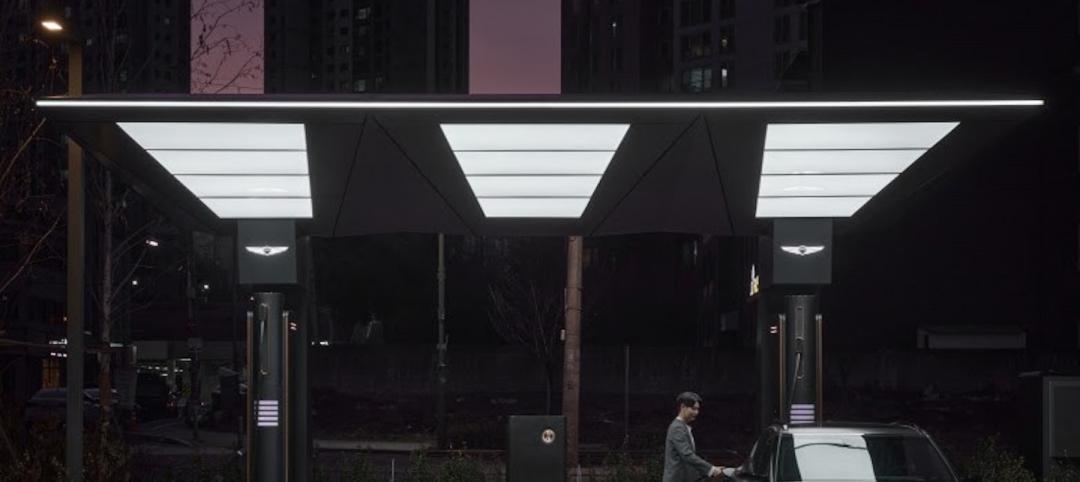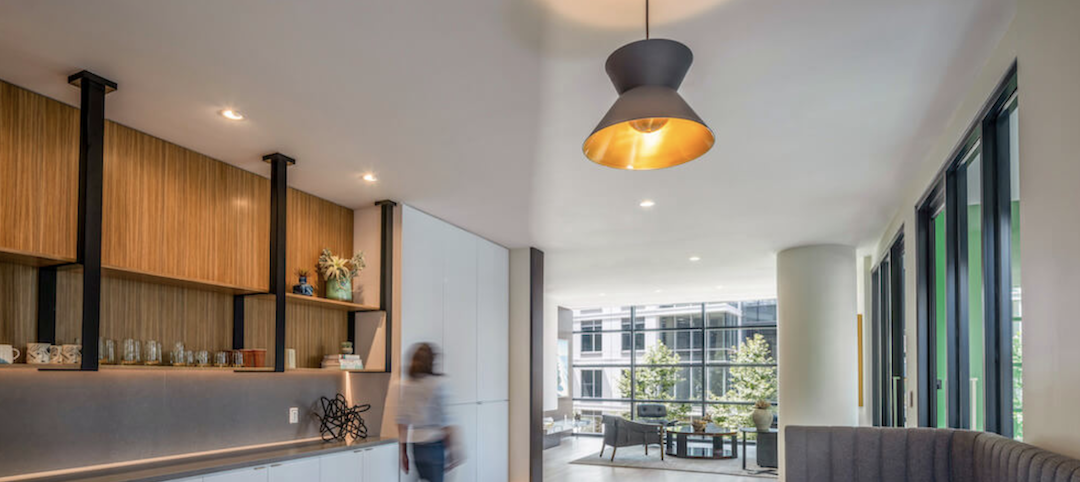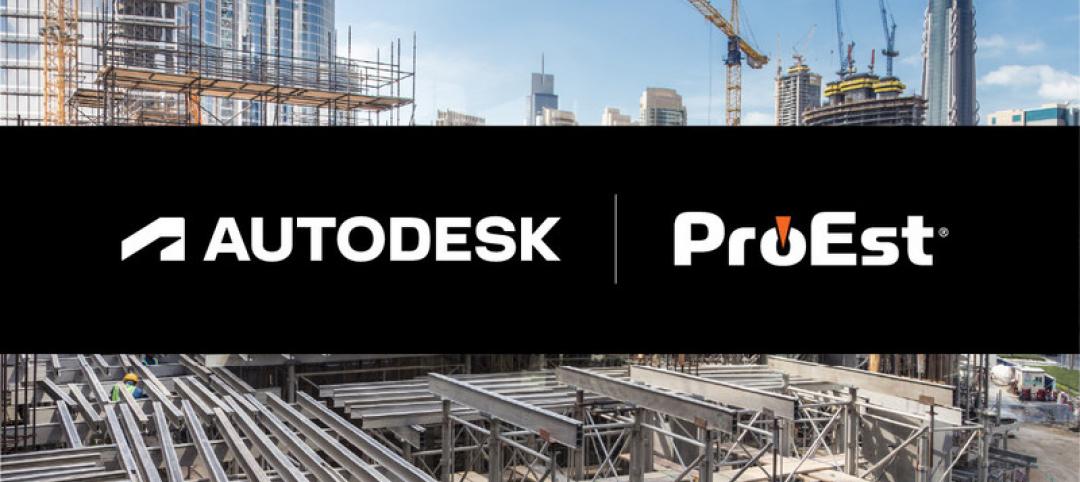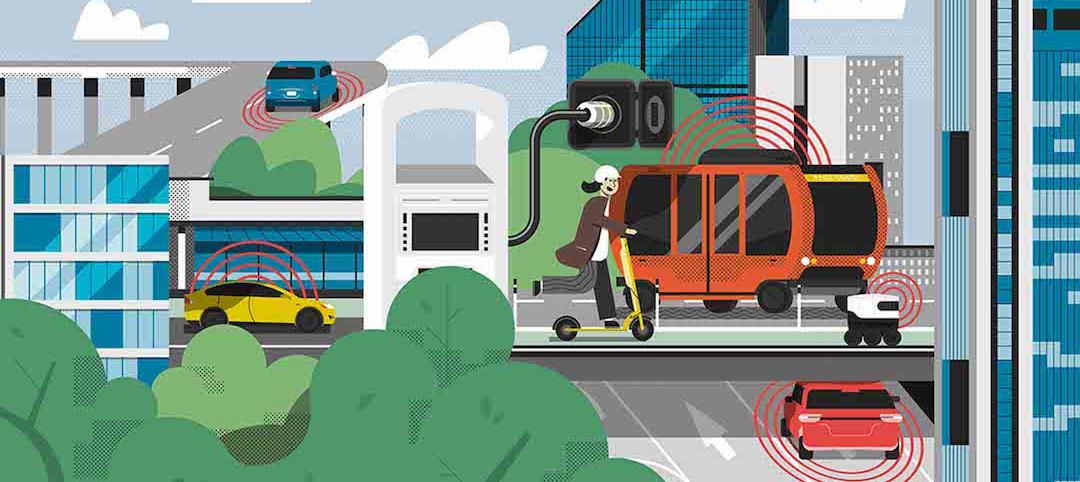KPMG, an organization of firms that provide audit, tax and advisory services, surveyed 100 U.S. building material manufacturing executives to understand what technological investments they had made—or were planning to make—and why.
These digital developments range from Building Information Management (BIM) integration to e-commerce and online delivery. Regardless of the method, KPMG pulled out four surprising insights from the results of the survey.
Overall, half of building product manufacturers plan to invest in one or more areas of technology in the next three years. The survey breaks down technology categories by product journey, from pre-sale, sale to shipping, operations, and post-sale groups. Pre-sale technology would include BIM systems and AR/VR design, for example.
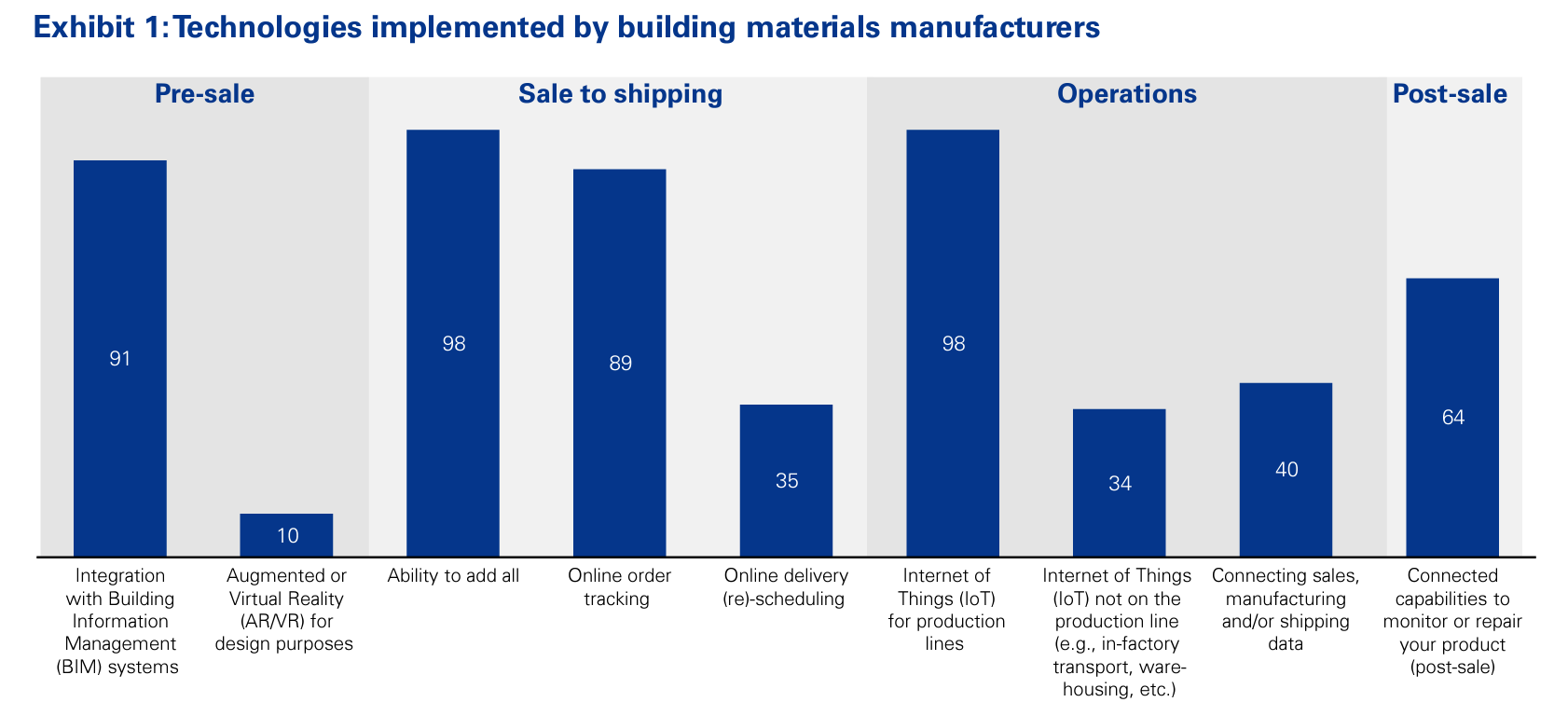
1. Connected capabilities can work without ‘smart’ products
In the study, KPMG expected to see post-sale connected capabilities to only be applicable to smart products, such as thermostats, security systems, and air conditioners. However, 42% of respondents that have already implemented such connected capabilities have no products with any smart features.
Likewise, 67% of respondents who plan to implement these technologies in the next three years said the same.
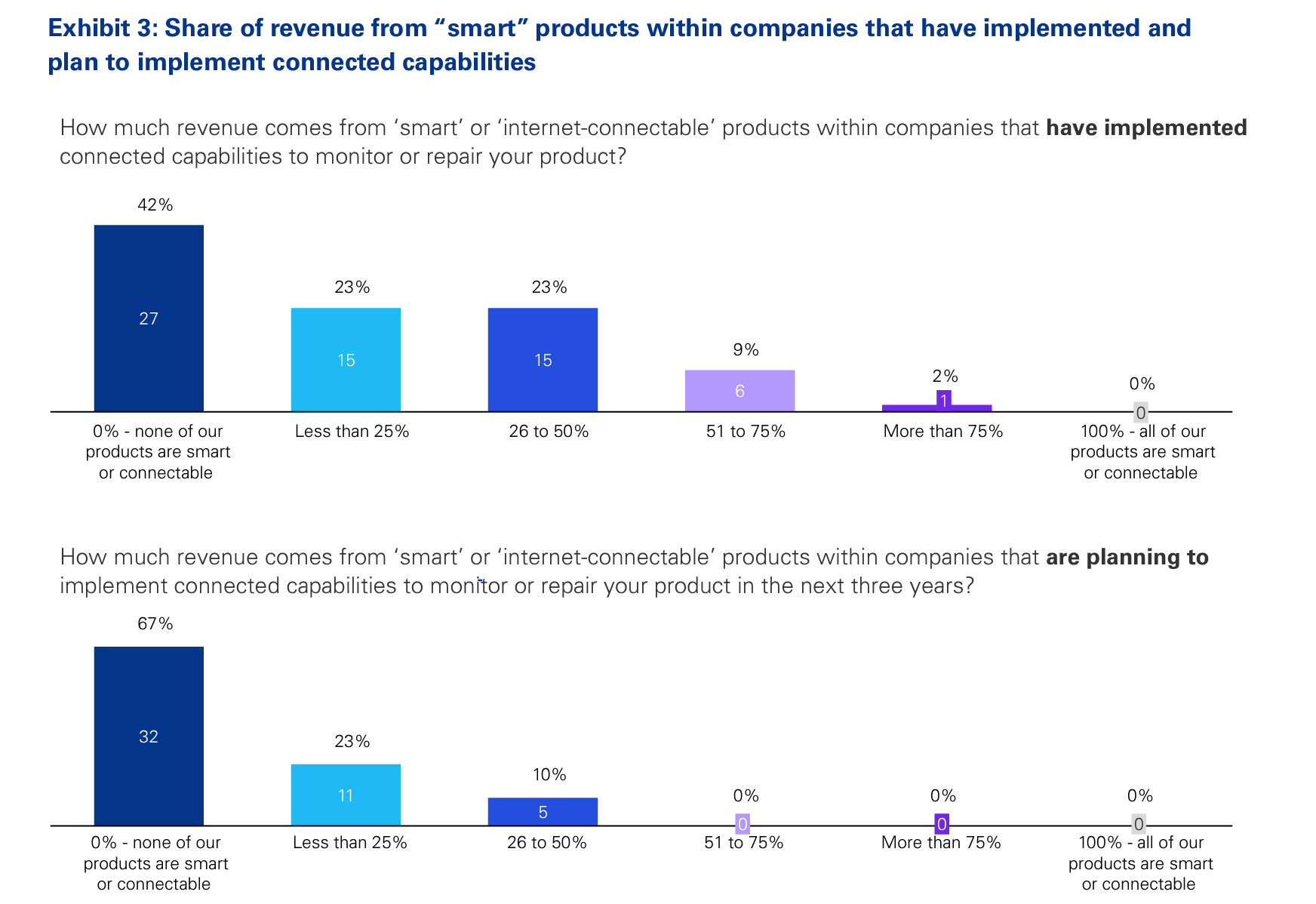
2. Technology can drive both revenue and cost benefits
What are the largest influences behind implementing new technologies? Over half (56%) of building materials manufacturers report cost savings as one of the biggest reasons. Forty-two percent attribute their influence towards the labor/talent shortage, while 75% of manufacturers planning to implement new technologies do so for a competitive advantage.
Alternatively, one-quarter (26%) of respondents listed ESG concerns as an influence, and just 22% said that customers were requesting it. KPMG finds that the reasons did not differ significantly across company types or types of technology.

3. AR/VR technology is in addition to—not a replacement for—outreach teams
Rather than displacing the role of sales support teams, AR/VR tech was found to be an additional tool for architects, engineers, and consultant outreach teams. The survey shows that 78% of companies investing in AR/VR and remote monitoring to help the pre-sale process have a dedicated support team.
This is above the general average of 50% of respondents with the same teams, but without AR/VR technology in place, according to the report.
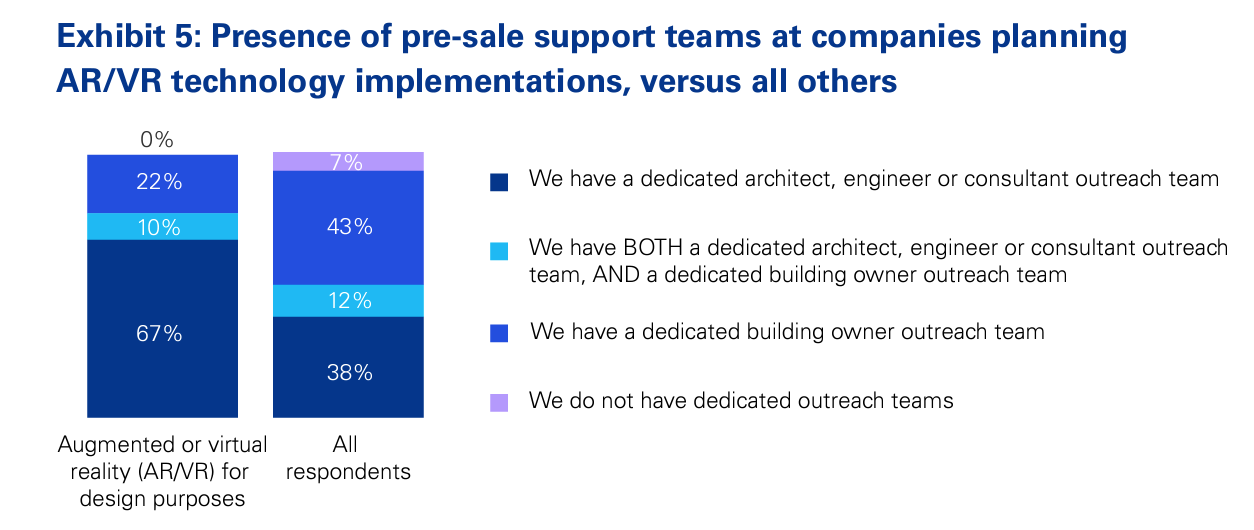
4. Companies overestimate their technological sophistication levels
When asked about their companies’ technological maturity compared to competitors, a majority of respondents (70%) believe they are more advanced than average. Only 9% believe their company is below average, but no respondents claimed to be “the least advanced of all our competitors in digital maturity.”
Furthermore, KPMG saw that the more technologies a company selected as “implemented,” the more likely they were to self-rate as being above average or best-in-class.

“While quantity certainly helps, quality of execution is a determining factor in how effective these technologies are,” says Serena Crivellaro and Len Prokopets, Managing Directors, Advisory, KPMG. “Unfortunately, with technological deployments being so broad-based across the industry, competitors may be more advanced than companies expect.”
Click here to view the entire report.
Related Stories
AEC Tech | Apr 13, 2022
Morphosis designs EV charging station for automaker Genesis
LA-based design and architecture firm Morphosis has partnered with automotive luxury brand Genesis to bring their signature brand and styling, attention-to-detail, and seamless customer experience to the design of Electric Vehicle Charging (EVC) Stations.
AEC Tech | Apr 13, 2022
A robot automates elevator installation
Schindler—which manufactures and installs elevators, escalators, and moving walkways—has created a robot called R.I.S.E. (robotic installation system for elevators) to help install lifts in high-rise buildings.
Hotel Facilities | Apr 12, 2022
A virtual hotel to open in the metaverse
A brand of affordable luxury hotels that launched in 2008, citizenM has announced it will purchase a digital land site in The Sandbox, a virtual game world owned by Animoca Brands.
Modular Building | Mar 31, 2022
Rick Murdock’s dream multifamily housing factory
Modular housing leader Rick Murdock had a vision: Why not use robotic systems to automate the production of affordable modular housing? Now that vision is a reality.
AEC Tech Innovation | Mar 9, 2022
Meet Emerge: WSP USA's new AEC tech incubator
Pooja Jain, WSP’s VP-Strategic Innovation, discusses the pilot programs her firm’s new incubator, Emerge, has initiated with four tech startup companies. Jain speaks with BD+C's John Caulfield about the four AEC tech firms to join Cohort 1 of the firm’s incubator.
AEC Tech | Feb 11, 2022
Trimble Dimensions+ 2022 Call for Speakers Now Open
Trimble has opened its Call for Speakers for the Trimble Dimensions+ 2022 User Conference, which will be held November 7-9 at the Venetian Resort in Las Vegas.
Coronavirus | Jan 20, 2022
Advances and challenges in improving indoor air quality in commercial buildings
Michael Dreidger, CEO of IAQ tech startup Airsset speaks with BD+C's John Caulfield about how building owners and property managers can improve their buildings' air quality.
Architects | Dec 20, 2021
Digital nomads are influencing design
As our spaces continue to adapt to our future needs, we’ll likely see more collaborative, communal zones where people can relax, shop, and work.
AEC Tech | Dec 16, 2021
Autodesk to Acquire Cloud Based Estimating Company ProEst
Autodesk, Inc. is acquiring ProEst, a cloud-based estimating solution that enables construction teams to create estimates, perform digital takeoffs, generate detailed reports and proposals and manage bid-day processes. Autodesk plans to integrate ProEst with Autodesk Construction Cloud, a comprehensive construction management platform connecting teams, data and workflows across the entire building lifecycle.
Urban Planning | Dec 15, 2021
EV is the bridge to transit’s AV revolution—and now is the time to start building it
Thinking holistically about a technology-enabled customer experience will make transit a mode of choice for more people.



